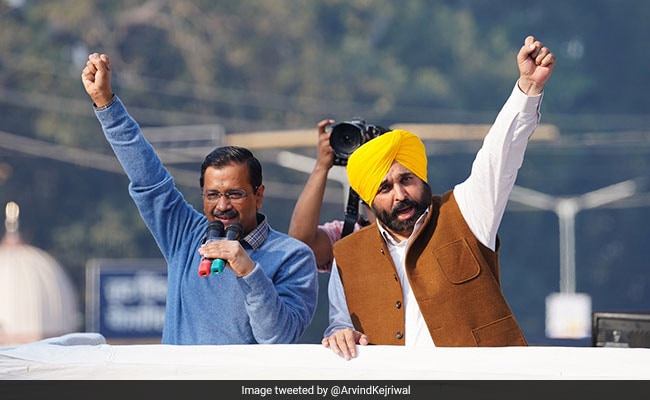
According to the Court's observations, most of Punjab’s 42 local governing bodies have been functioning without elected representatives, with some terms having expired years ago. A combination of administrative inertia and political hesitancy appears to be hampering the resumption of democratic processes in these institutions. The state government’s position, which included arguments about the potential “chaos” if polls proceeded amidst certain unrest, was met with skepticism by the justices, who countered that avoiding democratic elections under such grounds could set a troubling precedent.
The AAP government argued that certain logistical and security challenges justified the delay in polling schedules, noting various conflicts and administrative complexities that needed resolution. However, the justices highlighted that many other states managed to conduct timely local elections despite similar hurdles. Drawing on this point, they warned that Punjab’s actions could erode the essential democratic processes at the local level, with significant long-term impacts on governance and public accountability. The Court insisted that local bodies remain the foundation of representative governance and emphasized the necessity of regular elections for effective administration and public trust.
